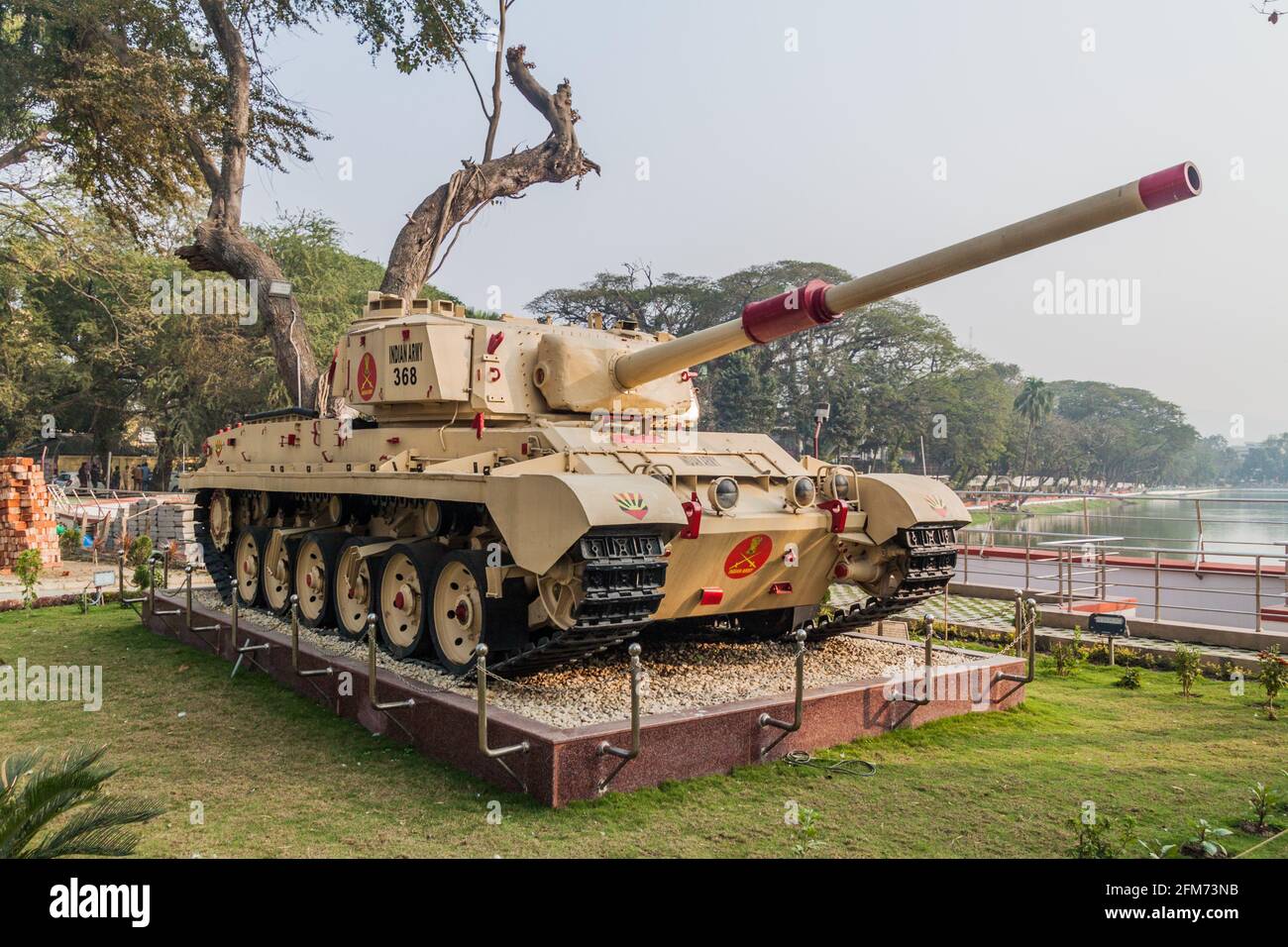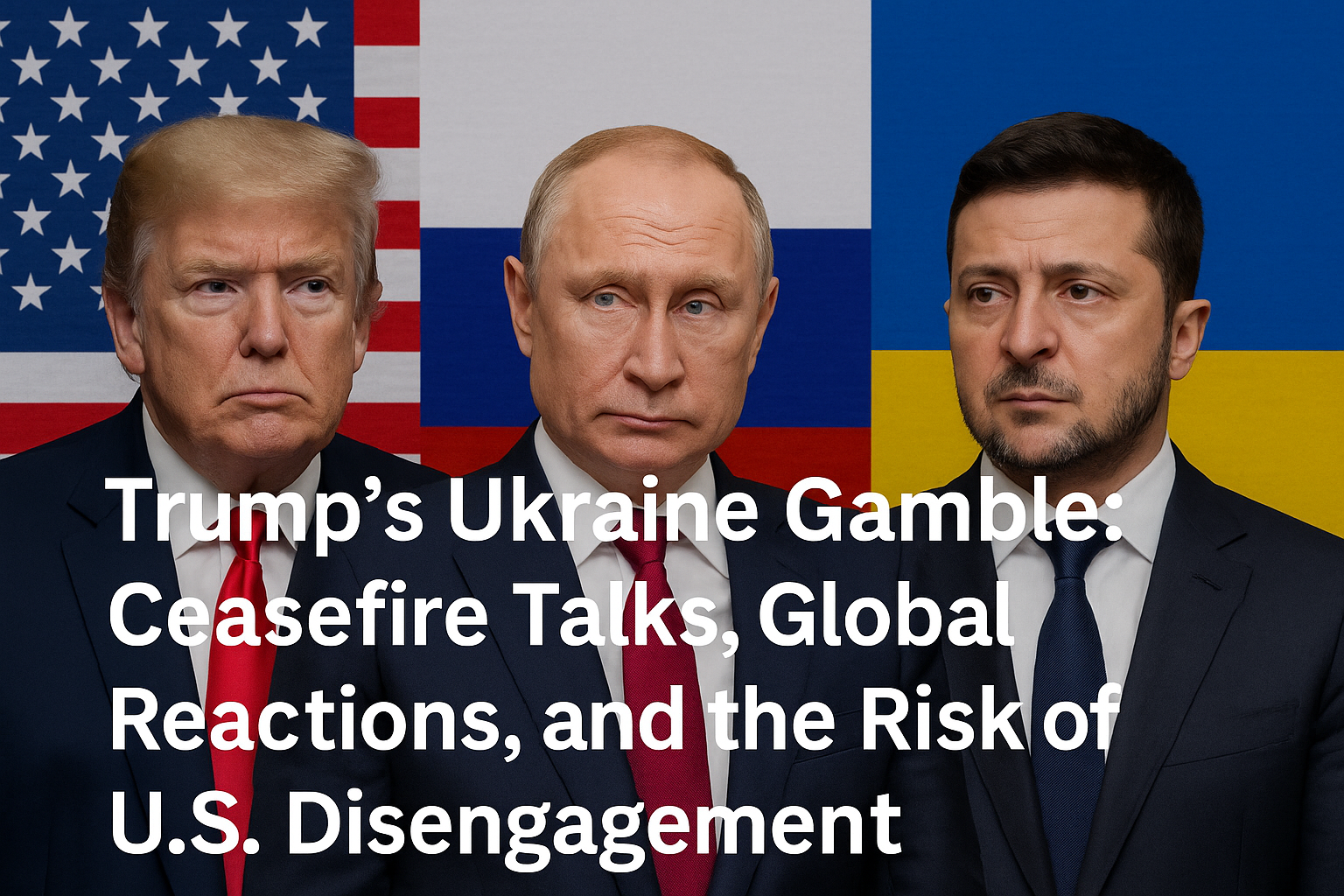
The War Deepens
As the sun rose on Day 2 of the Pakistan-India war, the prospect of a quick de-escalation appeared increasingly distant. The events of May 09, 2025, made it clear that both nations are digging in for a prolonged conflict. Day 2 was marked by intensified aerial combat, expanded ground operations, cyber-attacks, and mounting civilian casualties. Hopes for a ceasefire were overshadowed by the sounds of gunfire, sirens, and uncertainty.
Day 2 Developments: A Rapidly Expanding Front
1. Expanded Aerial Engagements
Today witnessed a significant expansion in air activity. Indian and Pakistani air forces clashed in at least four different sectors across the Line of Control (LoC) and international border. Reports confirmed the downing of two aircraft—one Pakistani and one Indian—with both sides claiming the other violated airspace.
In Pakistan’s Punjab province, airstrikes targeted fuel depots and radar installations, while India’s Jammu region was hit by retaliatory Pakistani strikes on logistics hubs. Military sources confirmed the use of Beyond Visual Range (BVR) missiles and electronic jamming systems.
2. Ground Conflict Spreads Southward
While Day 1 was mostly focused around Kashmir and the Sialkot-Jammu corridor, Day 2 saw the conflict expand southward. Skirmishes broke out in Rajasthan-Sindh border zones, and armored divisions were reported moving toward the desert front. Satellite imagery suggests troop buildup on both sides continues at a steady pace, with supply convoys, mobile hospitals, and missile defense systems on the move.
3. Cyber Warfare Enters the Battlefield
As the kinetic war rages, cyber warfare emerged as a critical front. Multiple government websites in both countries were briefly taken offline. India reported intrusion attempts on power grids in Maharashtra and Delhi, while Pakistan’s National Database system faced what it described as a “foreign-origin DDoS attack.”
Although both governments have refrained from naming specific actors, digital analysts speculate that state-backed hacker groups are actively probing vulnerabilities across the financial, defense, and communication sectors.
Humanitarian Crisis Worsens
The toll on civilians grew more severe today. Over 90 confirmed civilian deaths have been reported across border regions, with hundreds more injured. Evacuation efforts have intensified, and the Red Crescent (Pakistan) and Red Cross (India) have deployed emergency aid teams.
Hospitals near the frontlines are overwhelmed. In Azad Kashmir and Indian Jammu, makeshift triage tents have been set up. Thousands are fleeing toward urban centers as refugees, unsure when—or if—they will return to their homes.
Political and Global Fallout
The Indian Parliament held a closed-door emergency session, while Pakistan’s National Assembly called for “unwavering unity” amid foreign aggression. Leaders from China, Russia, and the Gulf states issued new calls for restraint, but so far, neither side has signaled willingness to cease hostilities.
The United Nations’ second emergency session ended without a resolution, as major powers remain divided on how to intervene. Meanwhile, Pakistan requested the Organization of Islamic Cooperation (OIC) to convene, while India intensified diplomatic efforts in Washington and Paris.
A Dark Horizon
As Day 2 comes to an end, the war appears to be entering a dangerous new phase. What began as a limited border conflict is rapidly morphing into a regional confrontation with global implications. With no signs of talks, and each side hardening its stance, the threat of further escalation—including the potential use of advanced or unconventional weapons—cannot be ruled out.
Coming Up: Day 3
Will international actors succeed in brokering a temporary ceasefire? Or will we see a third day of intensifying attacks, new fronts, and more lives lost? Stay with us for timely, fact-checked updates as the situation evolves.







